

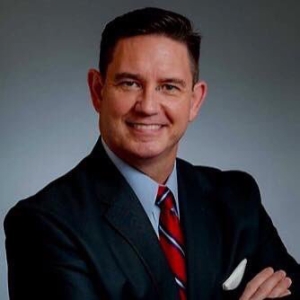


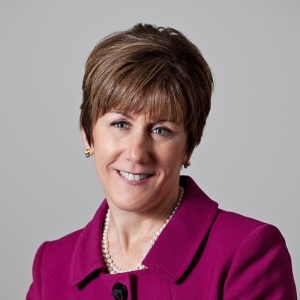
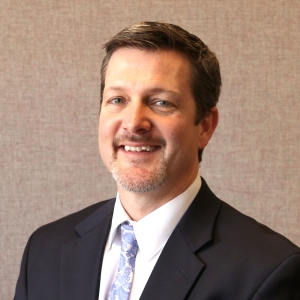



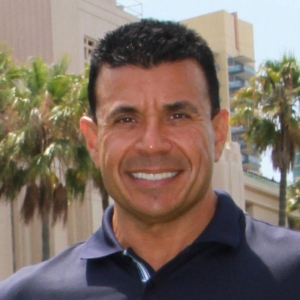
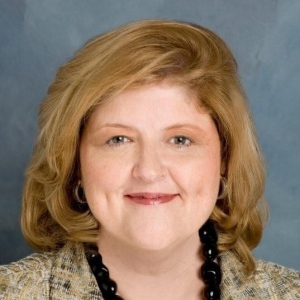

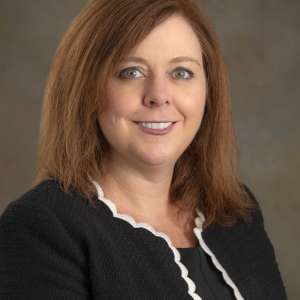
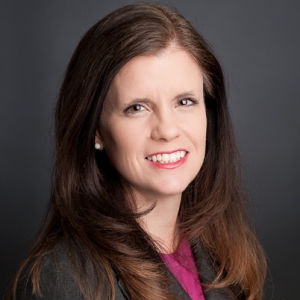
A Report, reflecting on and summarizing the sessions and insights that occured at this Summit, is now available for download.
Here is what we know: Children from low-income families with access to nutrition programs are more likely to graduate from high school. Parents from low-wage households that increase their educational attainment positively affect their child’s emotional health and performance in school. Families with stable housing and child care subsidies move up the income ladder faster and more sustainably. Human services and policing agencies working together to help people with mental health challenges make communities safer. All of these generative outcomes cut the cycle of poverty and move families and communities toward a culture of health and self-sufficiency.
The catalysts for these generative outcomes are practices and services aligned across an ecosystem – a network of organizations, disciplines, and providers that works together to design and deliver multi-generation, collective-impact, and other solutions that address the root causes of individual, family, and community health and human services challenges.
Yet here is the problem: Even with all the positive examples of progress and innovation in knitting together services, more work must be done to break through roadblocks and barriers, and to standardize best practices. In this endeavor, critical questions arise such as:
• Where can law and policy be aligned at the federal, state, local, and provider level to ensure that investments and measures are made to achieve our desired future state?
• What are the innovative cross-system partnerships that create new forms of outcomes and value, and how do those partnerships govern and scale their models over time?
• How can partnerships better leverage data across an ecosystem in order to predictively assess family and community challenges, connect services, and design positive interventions?
• How can leaders in health and human services design cultures, teams, and dynamic capabilities attuned to creating solutions across traditional boundaries and networks?
To help health and human services leaders with these challenges, the Technology and Entrepreneurship Center at Harvard, Leadership for a Networked World, and Accenture, in collaboration with the American Public Human Services Association, are convening senior-most leaders for The 2016 Health and Human Services Summit: Catalysts for Generative Outcomes.
At the Summit, we will deal directly with how to adopt, scale, and achieve the promise of emerging innovations in health and human services. To accomplish this, the Summit will feature practitioner case studies and topical sessions designed to help participants pursue innovation and lead their organizations up the Human Services Value Curve.
This seventh annual Summit, to be held October 14 - 16, 2016, at Harvard University in Cambridge, Massachusetts, will provide an unparalleled opportunity to learn from and network with the world’s foremost human services practitioners, Harvard faculty and researchers, and select industry experts. Summit participants will gain membership to a community of peers and experts, and leave the Summit prepared and poised to deliver generative outcomes and impact for society, communities, families and individuals.
Summit attendees are senior-level, health and human services executives, who aspire to improve performance in the near term and redesign public institutions for the long term. Regardless of title, all Summit attendees are “Chief Transformation Officers” in practice – leaders who work across traditional boundaries (organizational, jurisdictional, sectorial) to create public value.
The Summit is an invitation-only program for senior health and human services executives. Other applicants will be reviewed and accepted on a case-by-case basis, depending in part on available space. We typically receive more applications than we can accommodate, so apply for your seat as soon as possible. This event is supported by the hosting and collaborating organizations, so there is no tuition fee to attend. Travel and hotel expenses, however, are the responsibility of individual participants.














